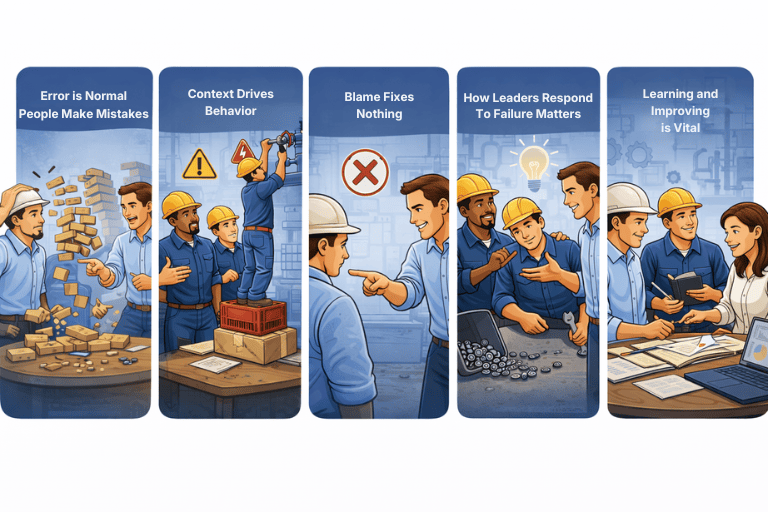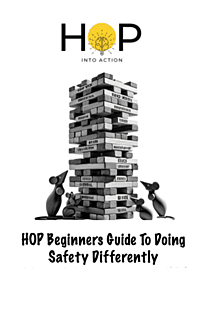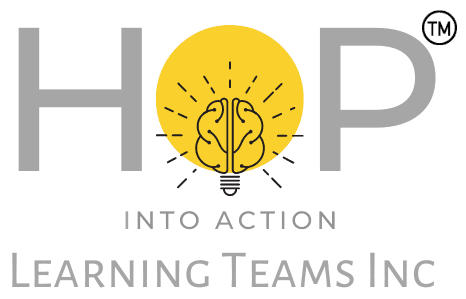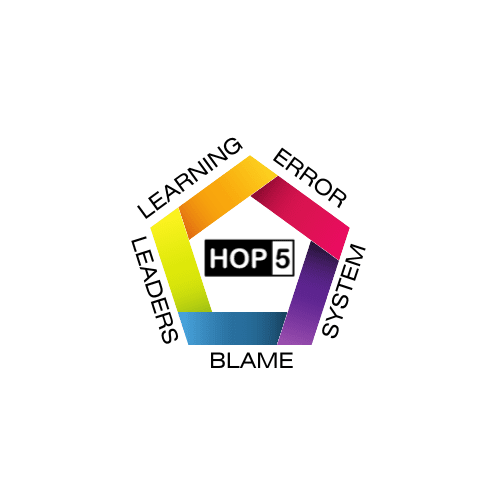

Human and Organizational Performance (HOP) is a safety philosophy that emerged from the Nuclear Energy Sector in North America in the recognition that human error is normal and will happen and that systems should be designed to be more resilient to these errors. The principles of HOP were developed over time by industry professionals with various science academics who observed the need for a shift in traditional thinking about safety and reliability in organizations. The principles of HOP have been influenced by various sources, including the INPO/DOE (Institute of Nuclear Power Operations/Department Of Energy) handbook, and continue to evolve over time. These principles have been used to create a philosophical shift in thinking about how people behave in organizations and how organizations function best with the workers in the organization. HOP encourages operational and organizational learning and emphasizes the importance of learning from past experiences and mistakes, learning from normal everyday work, and the role of leadership in creating a safe and open environment for this learning to happen.

Error Is Normal (People will make mistakes)
This principle acknowledges that errors are a normal part of human behavior and should be expected. The focus should not be on the error itself but on creating systems that are tolerant of inevitable errors.

Context Drives Behavior
The conditions under which work is conducted greatly influence worker behavior. Good systems and processes help manage the uncertain operational outcomes that are always present in organizations.

Blame Fixes Nothing
Blaming individuals for mistakes does not improve operational efficiency. Instead, it discourages the disclosure of important operational data and hinders learning and improvement.

How Leaders Respond To Failure Matters
Leaders can choose to use failures as opportunities for learning and improvement, or they can choose to punish those involved. The former approach encourages disclosure of information about failures and leads to organizational improvement, while the latter discourages such disclosure and hinders improvement.

Learning and Improving is Vital
Organizations have two choices when responding to failure: to learn and improve or to blame and punish. Choosing to learn from failures is a strategic choice towards improvement.



